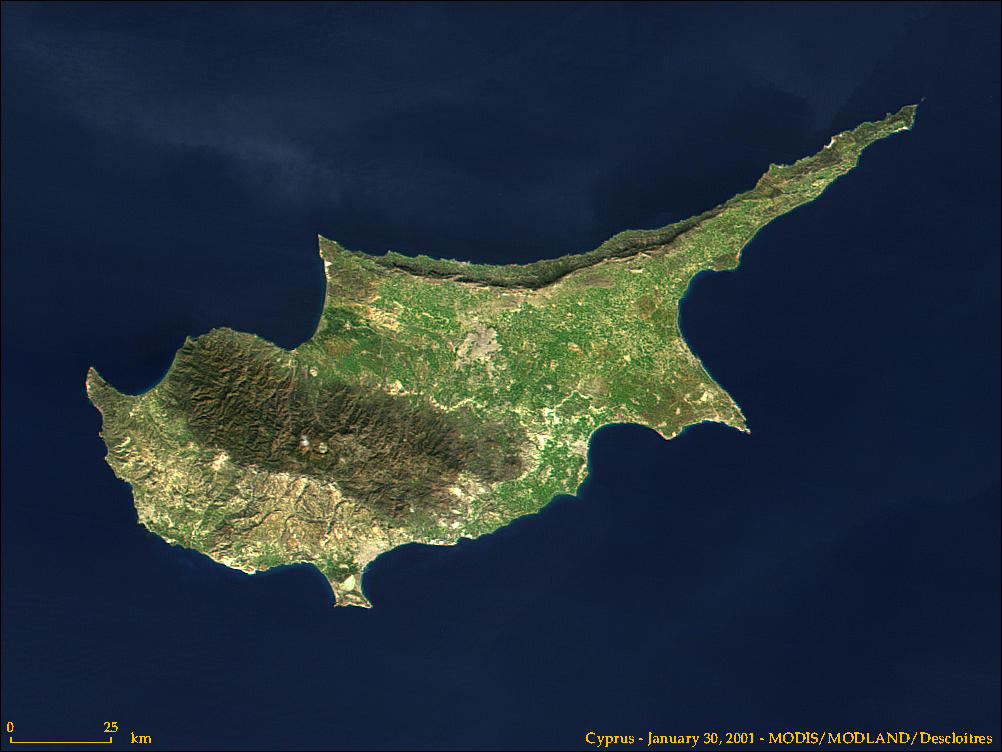 One of our own, Nikitas Hatzimihail, has posted an article on SSRN. The article is on 'Cyprus as a Mixed Legal System' and the abstract reads:
One of our own, Nikitas Hatzimihail, has posted an article on SSRN. The article is on 'Cyprus as a Mixed Legal System' and the abstract reads:
This
article attempts to provide a comparative lawyer’s introduction to Cyprus law,
as well as a first examination of Cyprus law in the light of modern theories of
comparative law, especially the mixed-jurisdictions sub-genre. It consists of
three parts: a general historical overview, an examination of the
administration of justice system (legal profession and court structure), and an
evolutionary examination of the sources of Cyprus law (hierarchy of sources,
legislation and case law).
The legal system of Cyprus - an independent country since 1960 and EU Member State since 2004 - both confirms and challenges the basic premises of mixed jurisdiction theory. Not unlike the "classic" mixed jurisdictions, the law of Cyprus is built on the twin foundations of common law and continental law, each in control of different legal subjects. Cyprus law is rather unique, however, among mixed legal systems, in the sense that it is private law (in most subjects) and criminal law that follow the English common law, whereas public law has a continental orientation. Ironically, almost all subjects are covered by comprehensive legislative instruments - colonial-era "codifications" of the common law, transplants of English statutes but also transplants of Greek law in continental enclaves. Procedural law is purely common law - a major factor in the mutation of the "continental" elements of the legal system.
All these factors, and then more, contribute to an amazingly complex picture of a unique legal system, which has seldom been studied properly, either from the inside or the outside. Mixed jurisdictions theory can help both comparative law scholars and the lawyers of Cyprus to better understand a legal system that has been aptly characterized as “a colorful plurilegal mosaic.” In its turn, the in-depth study of Cyprus law will provide material for the ongoing theoretical discussions about mixed jurisdictions and the legal process in general.
The article appears online here in the (2013) 6:1 Journal of Civil Law Studies 37 which also has strong Juris Diversitas links.

No comments:
Post a Comment